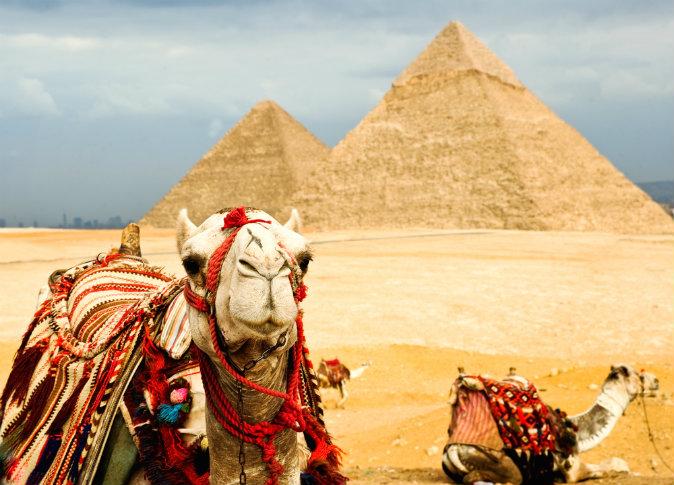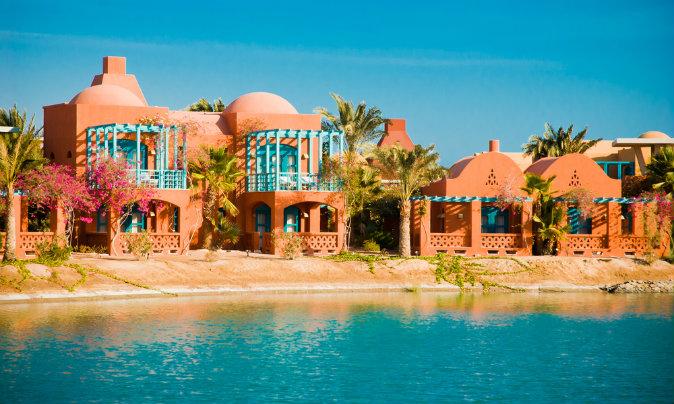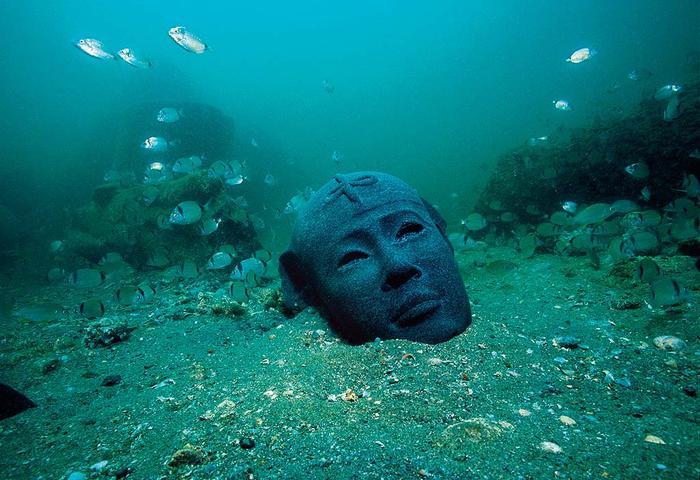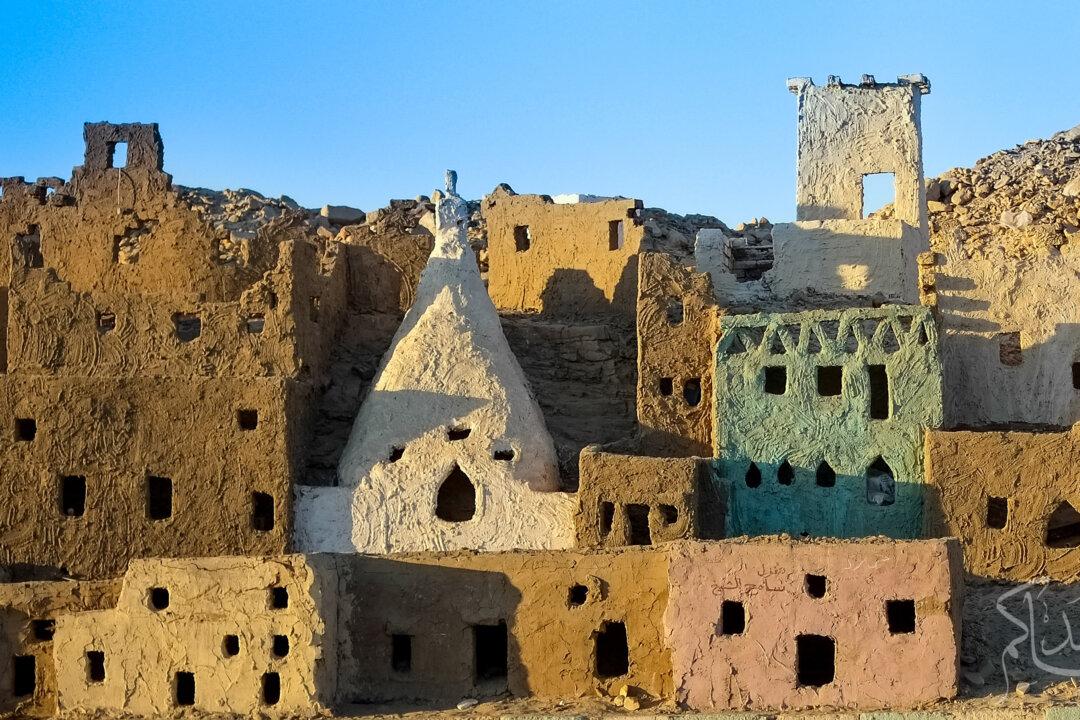Article originally published on www.egyptianstreets.com
Visiting a new country can often be a hassle, particularly if it’s country as complex and as interesting as Egypt is. Known for its sunny beach side resorts and one-of-a-kind ancient monuments, here are 13 tips for visiting Egypt.
1. The Currency
In Egypt, one Egyptian pound is called ‘Genēh’ The Egyptian Arabic pronunciation: ɡeˈneː(h). The sign for a Genēh is: E, £ or in Arabic letters: ج.م In Egypt, the most frequently used abbreviation for an Egyptian pound is LE, which stands for livre égyptienne (French for Egyptian pound). ISO 4217 code: EGP
The word Genēh is derived from the British Guinea coin, which was the first English machine-struck gold coin. A Guinea coin had the same value of a Genēh as it was divided into 100 units.
2. Do You Speak Egyptian?
How to say ‘No, Thank you’: “La‘ shukran.” Egyptian hospitality knows no limits, when walking down the streets or on tourist sites, many locals, especially souvenir shop owners, will try to get tourists’ attention. ’La shukran‘ is a nice way to say I’m not interested. The Egyptian Arabic pronunciation: La’ SHUK-ran.
Meanings and pronunciations of Arabic words:
Good Morning: sa-baH il kheer
Good Bye: maa-el-sa-LAE-ma
Yes: EYE-wa
No: La’
Please to a man: min FAD-lak
Please to a woman: min FAD-lik
3.Taxi!





